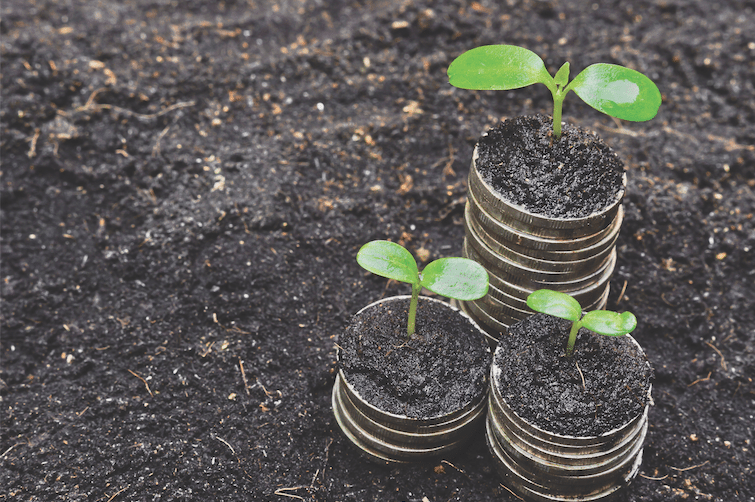Rathbone Greenbank Investments (Greenbank) has signed the Finance for Biodiversity Pledge, which was launched by 26 financial institutions from ten countries(1) in September 2020.
Greenbank is already involved in a working group as part of the Finance for Biodiversity initiative, to develop guidance for financial institutions on how to measure their impact.
Biodiversity refers to the delicate ecosystem services that sustain life on land and life under water, and therefore economies and society. Losses can refer to raw materials, disruption of the environment or a loss of resilience to climate change.
The pledge enables collaboration and action to agree on effective measures to reverse nature loss and will call on global leaders to agree on effective measures to reverse nature loss this decade at the Convention on Biological Diversity, which takes place in China in May 2021(2).
Signatories to the pledge commit to the following actions by 2024:
• Collaborate and share knowledge with other institutions
• Engage with portfolio companies
• Assess the impact of their investments on biodiversity
• Set science-based targets and report publicly on progress(3).
Why Greenbank joined the pledge
Senior ethical, sustainable and impact researcher, Sophie Lawrence says: “It is vital to develop ways to comparably assess the impact and dependencies of investments on biodiversity. The Finance for Biodiversity initiative provides an ideal forum for this collaboration between financial institutions, academics and businesses.”
Greenbank points out that there are several drivers of biodiversity loss(4) and these are having a knock-on impact on the vital ecosystem services that biodiversity provides, creating multiple risks for businesses and investors.
It adds that healthy societies, resilient economies and thriving businesses all rely on nature and cites a number facts which expose the state of nature around the globe, and a situation which urgently needs to change:
• Almost 70% of global biodiversity has been lost since 19705;
• There is an extinction threat to a million species, with risks to wider ecosystem services that support societies and economies;
• In the US, $44 trillion of economic value is exposed as a result of the loss of nature6;
• Halting biodiversity decline can be a critical enabler of positive change for several other sustainable development goals.
According to Greenbank currently there is an absence of agreed biodiversity measurement methodologies, a dearth of corporate data and a lack of any internationally agreed goals in a similar manner to the Paris Agreement for climate change.
Sophie Lawrence adds: “We need to take bold steps if we’re to avoid another missed decade of inaction. We take our role as stewards of our clients’ capital very seriously and clients want to see us invest in companies that put sustainability at the heart of their strategy.”
At Greenbank, biodiversity analysis is integrated at each stage of the investment process.
Head of Rathbone Greenbank Investments, John David said: “As ethical, sustainable and impact investors, it is important that we fully understand both how our portfolio companies are dependent on biodiversity and have an impact on it. Most businesses depend on biodiversity either directly or through their supply chains and so, as an investor, we need to understand these complex relationships. On behalf of our clients, we are keen to explore how we can better measure and engage on this issue to the benefit of all stakeholders.”
1. https://www.financeforbiodiversity.org/
2. https://www.cbd.int/convention/
3. https://www.financeforbiodiversity.org/about-the-pledge/
4. The direct drivers of biodiversity loss are land use / sea use change, direct exploitation, climate change, pollution and alien invasive species.
5. https://livingplanet.panda.org/en-gb/
6. https://www.weforum.org/press/2020/01/half-of-world-s-gdp-moderately-or-highly-dependent-on-nature-says-new-report/




































